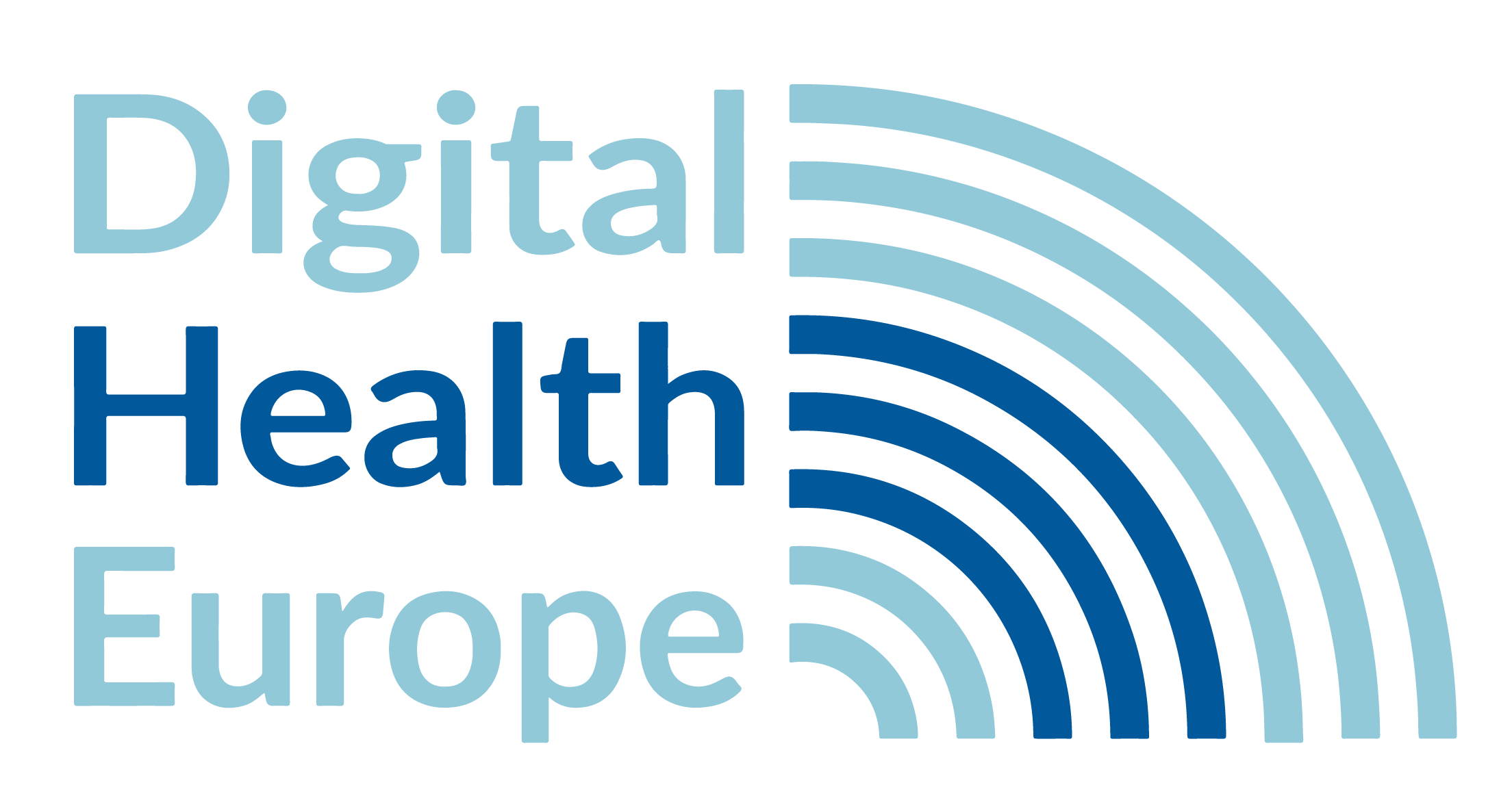Home › Home › Health data › Re-use of health data
Tagged: EHR
- This topic has 4 replies, 3 voices, and was last updated 1 year, 5 months ago by Vastris31.
-
AuthorPosts
-
-
May 4, 2021 at 9:56 pm #3891anett.ruszanovKeymaster
Re-use of secondary use of data helps to advance research about specific chronic diseases or conditions or to serve as evidence for health policy-making purposes. The discussion aims to target questions around the secondary use of data, ethical debates, requirements, achievements, results, methods…
-
June 4, 2021 at 10:16 am #4254DipakKalraParticipant
How can we work together to improve the quality of health data?
There is so much potential for making better use of electronic health record data. This can be In ways that ensure the best quality care to individual patients, such as using decision support to guide clinicians to make the best care planning decisions and avoid prescribing drugs that might clash with existing medications. Health data can be analysed to help achieve the best outcomes for patients or to help identify unmet needs within patient populations. On a bigger scale, analysing large volumes of data can help accelerate research, to develop new medicines or vaccines, medical devices or innovations like artificial intelligence. These are just a few examples of many ways in which health data is already being used, but not enough!
Unfortunately quite a lot of clinical information can only be found in free text letters and reports, and not in a structured and coded form that would be more suitable for computerised analysis. Some healthcare organisations are still in a hybrid state between electronic and paper record systems, which means their electronic information is incomplete.
There is limited investment in electronic health record systems, almost no investment in training and supporting healthcare personnel to collect high-quality data and really no effective feedback to clinical teams about the quality of the data they create. Nobody seems to be responsible for making sure that we invest enough effort in having good health data to learn from.
How can we work together to treat health data more like a precious resource? I would love to have your feedback!
-
October 15, 2021 at 2:48 pm #4322tinomartiParticipant
Dear Dipak,
I do agree with all your statements, including who is responsible for making the best out of the health data we already have at the moment. Despite governance should be at the institutional level, citizens can play an important role if they have the means to share their own health data for better care and better research.
The project InteropEHRate is developing open specifications to allow citizens to access, control and share their data with other health care providers or research centres, even cross-borders. You can find more information on the White Paper “Unleashing personal health data for care and research: the InteropEHRate approach” that was recently published.
Of course, the governance question remains valid. Who will encourage the adoption of these types of protocols? Will they be healthcare organizations? Or European/national/regional health authorities?
-
October 15, 2021 at 6:38 pm #4324DipakKalraParticipant
Thank you for your comments and for your pointers to the work of InteropEHRate (and its White Paper) to help to turn citizen engagement with their health data into a reality. I really hope that people will progressively access and use their own health data, whether personally authored or clinician authored, and through this will become more familiar with the content. If we in parallel help people to better understand why and how using their data can lead to valuable insights that improve healthcare, I hope that citizens will become more proactive in championing the use of their data and help to agree the controls on how that is made possible and made safe.
I would recommend others to read this White Paper.
-
October 20, 2023 at 12:03 pm #4363Vastris31Participant
Improving the quality of health data is indeed crucial for advancing patient care and medical research. To treat health data as the precious resource it is, collaborative efforts are needed. Investing in comprehensive electronic health record systems, bridging the gap between free text and structured data, and providing ongoing training for healthcare personnel are key steps. Additionally, establishing a system of effective feedback to clinical teams can ensure the continuous enhancement of healthcare data storage. Together, by prioritizing these initiatives, we can unlock the full potential of health data for the benefit of patients and the advancement of medical knowledge.
-
-
AuthorPosts
- You must be logged in to reply to this topic.
